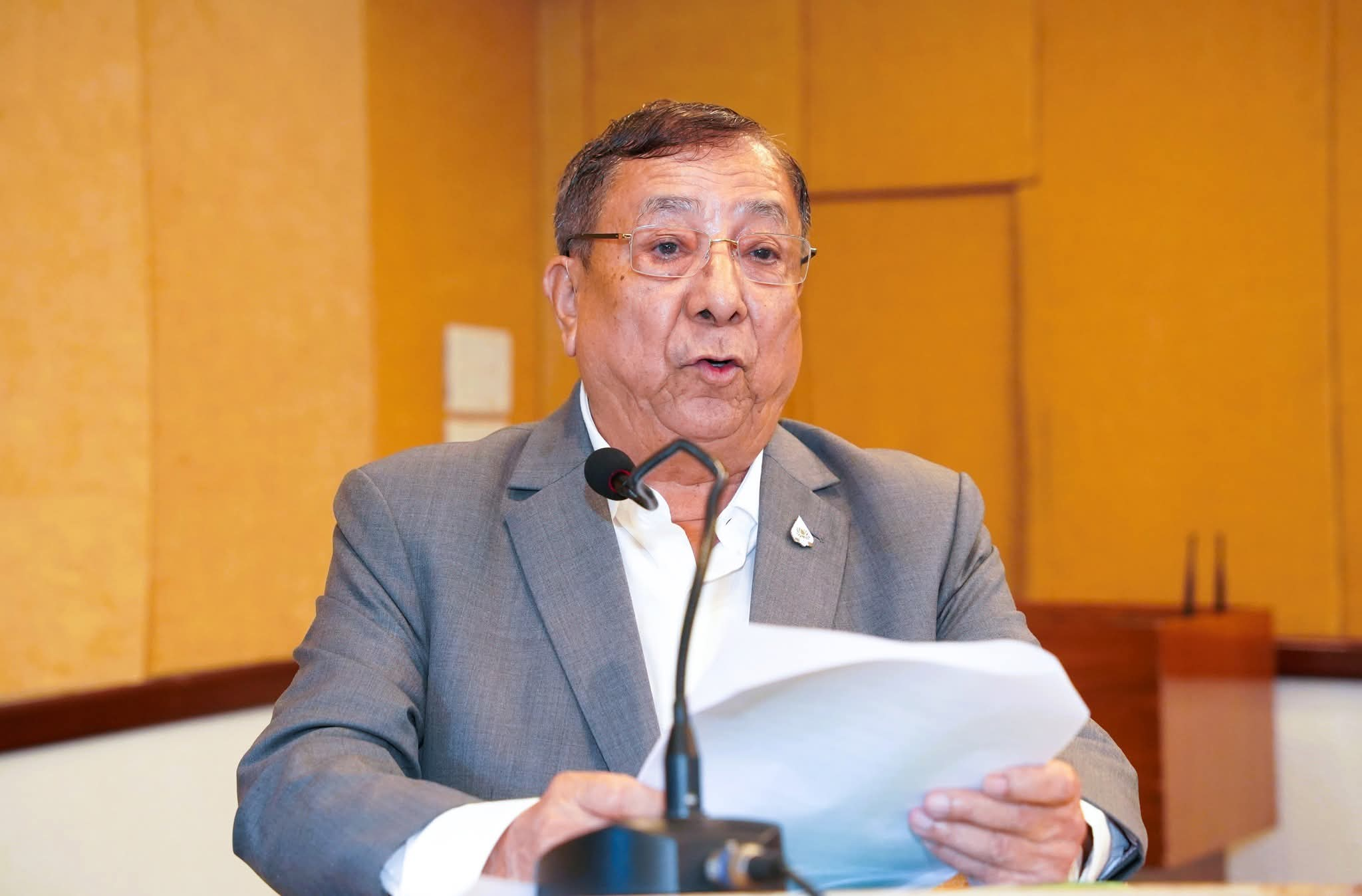Pokhara, August 8, 2025 - In a landmark move toward environmental sustainability and community empowerment, Pokhara Metropolitan City has signed a Memorandum of Understanding (MoU) with Laxmi Group Foundation to jointly undertake a comprehensive project focused on lake conservation, environmental protection, and employment generation.
The agreement was signed on Thursday by Mayor Dhanraj Acharya and Laxmi Group Chairperson Ganesh Bahadur Shrestha. The partnership aims to restore ecological balance in Pokhara's iconic lakes, including Phewa Lake, while creating green jobs and enhancing local livelihoods.
Sustainable Vision for Pokhara’s Lakes
Under the agreement, efforts will be directed toward cleaning lakes of silt and invasive water hyacinth, which have threatened both environmental balance and the region’s tourism appeal. Extracted water hyacinth will be repurposed through community-led skill development programs, turning waste into handcrafted goods and income-generating opportunities.
Mayor Acharya emphasized the project’s alignment with Pokhara’s First Five-Year Municipal Energy Plan, saying, “This initiative reflects our commitment to sustainable development. It integrates environmental protection with socio-economic empowerment, especially for disadvantaged communities.”
Green Energy and Local Empowerment
In addition to ecological restoration, the project will provide electric induction stoves to underprivileged households and support the improvement of electrical infrastructure in collaboration with the Nepal Electricity Authority. Students from Gandaki Polytechnic Institute will receive internships and professional training, nurturing a new generation of environmentally conscious entrepreneurs and technicians.
Laxmi Group, one of Nepal’s leading corporate entities, pledged its support under its corporate social responsibility (CSR) mandate. Chairperson Shrestha stated that the group will mobilize state-of-the-art technologies, financial resources, and technical expertise-sourced both nationally and internationally—to ensure the project’s success.
Pilot Phase and Long-Term Impact
The initiative will begin with a six-month pilot phase, followed by a five-year implementation period. The project will be closely monitored and evaluated based on defined technical and environmental standards. Depending on its effectiveness, the model will be expanded to other lakes in the region.
This collaboration marks a significant step forward in integrating environmental stewardship with inclusive development. By addressing pollution in Pokhara’s lakes and investing in community-led solutions, the project is expected to contribute meaningfully to local income generation, climate justice, and the broader goals of Nepal’s green transition.